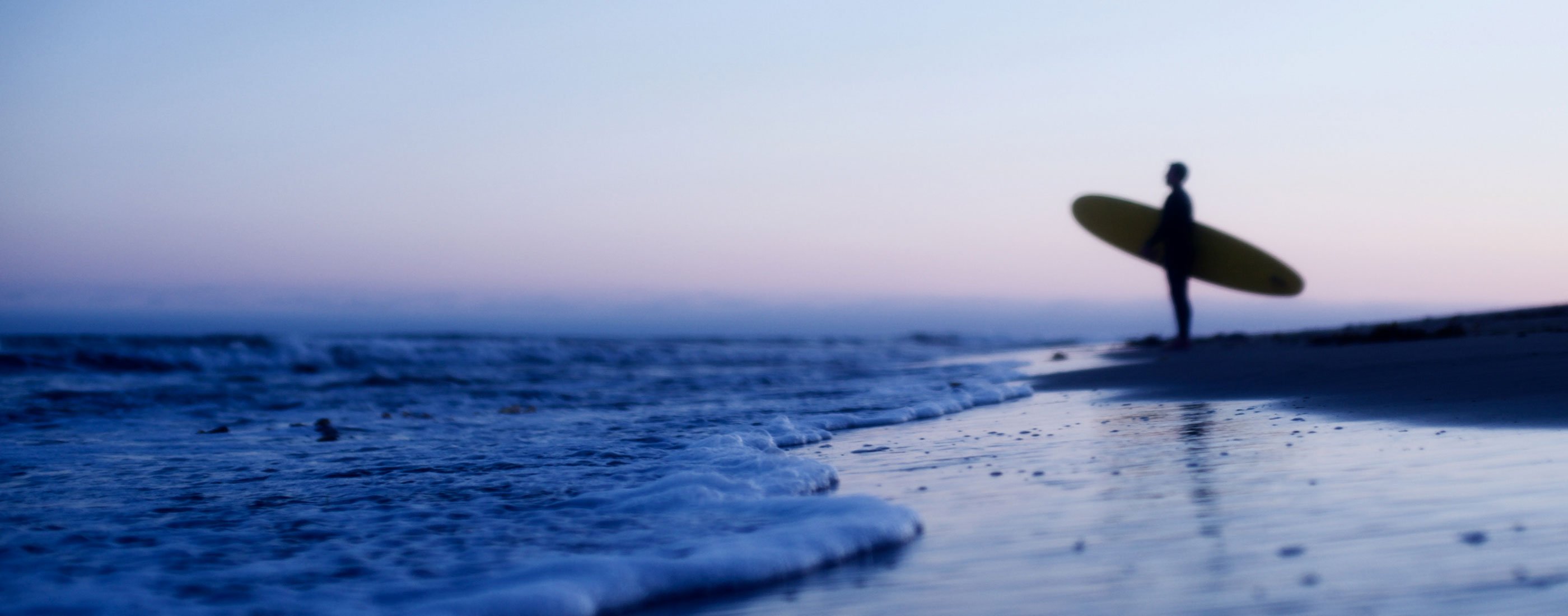
05 • 30 • 2025
Oregon Seafood Not Sewage
Success - Surfrider advocates successfully protected recreational water quality standards, amending a bad bill aimed at eliminating public health criteria from seafood processing wastewater discharge.
Following a rapid turnaround of recommendations and powerful public testimony in the bill's legislative process, HB 3814 was significantly amended with a) no suspension of public health standards b) clear sideboards to protect public health and c) site-specific best management practices and monitoring. Surfrider volunteers mobilized enough testimony in the public hearing to halt the bill and send it back for amendments. Staff researched neighboring state provisions and worked with agencies, industry and bill sponsors to find arrive at amendments that addressed our key public health and ecosystem concerns. The effort and outcome is a great example of Surfrider's ability to collaboratively arrive at solutions, even when working from a defensive position.
Surfrider Foundation worked rapidly in the legislature to amend and improve on a really bad bill introduced (HB 3814) on behalf of Oregon's seafood processing industry. The bill would have suspended all recreational and public health water quality standards and criteria from the seafood processing plants effluent. The legislation came as a shock to Surfrider members and the 100s of volunteers engaged in recreational water quality testing up and down the coast of Oregon through our Blue Water Task Force Program, deeply vested and personally affected by water quality. With less than 48 hours to respond to a legislative public hearing, Surfrider volunteers mobilized testimony requesting for the bill to be held back and amended to support a collaborative solution that protects public health while still meeting some needs and addressing challenges for Oregon's seafood processing.
Surfrider in Oregon has long appreciated a collaborative relationship with the fishing industry on many issues from water quality to reducing plastic pollution and engaging in ocean energy, we've found solutions to many issues working together. Surfrider had been tracking the 900-J permitting and seafood processing challenges for about 4 years so we were aware that some solutions were needed to help our seafood industry better evolve their wastewater treatment facilities....but this bill was far from that. The bill in it's original form (HB 3814), filed late notice and without any stakeholder engagement, literally mandated Oregon's Department of Environmental Quality to: not require, in any permit for the discharge of wastes into the waters of the state, that a seafood processor meet the criteria of any water quality or purity standard for bacteria in effluent discharges associated with fecal sources.
The reality of the seafood processing challenge is that the state needs better guidance to apply mixing zones for permitting seafood processing facilities. This is both important for the industry to survive, but also important for protecting our ecosystems and public health! Addressing this permitting challenge does not mean suspending all criteria to protect public health. Besides swimmers, surfers and recreational users, there are oyster farmers and recreational harvesters in our bays where these processing plants discharge. Surfrider wants to support our seafood industry but we must work collaboratively when seeking legislative solutions.
As the high road takes us, Surfrider made reasonable requests for sideboards on public health, that are at least in line and consistent with how the law and policy reads for mixing zones in Washington, California and Alaska. We also made reasonable requests for consideration of site-specific source-tracking to inform best management practices. Site-specific expectations for developing best management practices are not just the guidance from EPA for creating mixing zones to better meet recreational and seafood consumptive public health standards but also make economical sense for seafood processing efficiency of investments. Pretty much all of our requests were met, and the heavily amended HB 3814 was signed by the Governor on May 14, 2025.
